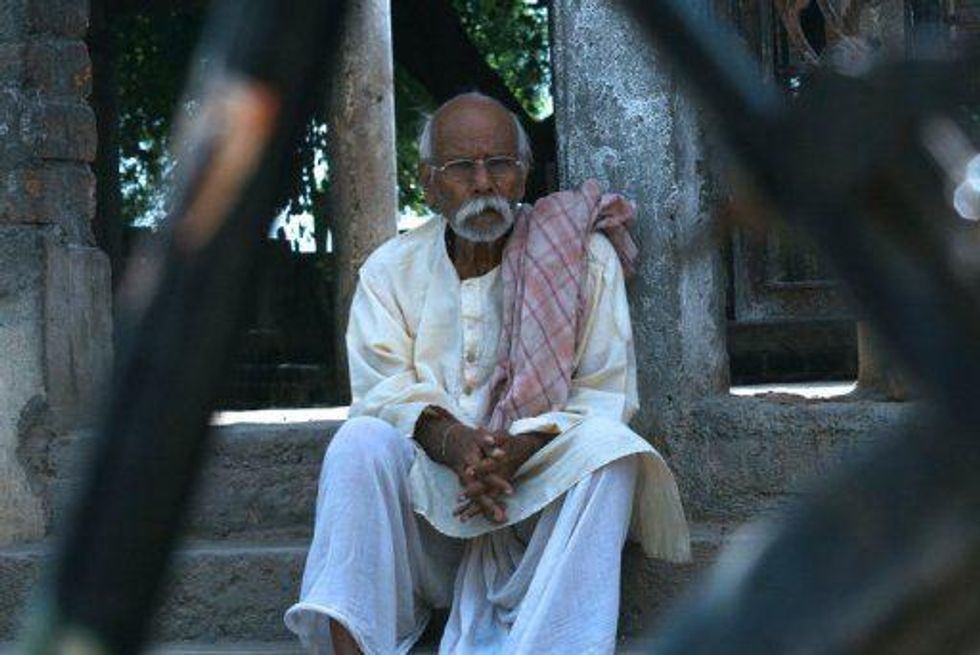Multinational pharmaceutical companies are treating patients in India like "lab rats," distributing untested drugs for research purposes without the patients' informed consent, Agency France-Presse highlighted on Thursday in a report pulling from personal accounts.
The issue is ongoing and widespread and has been subject to a Supreme Court Case in India -- which led Supreme Court judges R.M. Lodha and A.S. Dave to state, "There has to be some sense of responsibility. Human beings are treated like guinea pigs."
Pharmaceutical companies often go to India where the rules are less strict and the testing procedures subsequently far less costly.
"In Europe and the United States the laws are pretty strict. India, on the other hand, makes for a less restrictive destination for drug trials because the regulator lacks teeth," said health campaigner Amulya Nidhi, who works for the Swasthya Adhikaar Manch group, which is fighting on behalf of many of the pharmaceutical trial victims.
As a result, "many desperate and poor people in India are unwittingly taking part in clinical trials for drugs by Indian and multinational pharmaceutical companies that outsource the work to unregulated research organizations," AFP reports.
Such was the case with Niranjan Lal Pathak, the center of the AFP article, who was offered free treatment for a heart complaint at his local hospital. The medicine, unbeknownst to him, turned out to be an untested drug called Atopaxar, developed by Japan-based pharmaceutical company Eisai for anxiety disorders. Pathak was the victim of a drug trial without his informed consent.
His family says that Pathak is now suffering from extreme dementia--a side effect of the drug.
"He barely recognizes us. His life is finished and so are our hopes to see him healthy and happy again," a family member told AFP.
"The label on the medicines often does not specify that it is meant for trial, and vulnerable people end up being used as lab rats," said Nidhi.
The problem is rampant, according to AFP, while India's lawmakers are currently mulling over amendments to the Drugs and Cosmetics Act that would place the responsibility on companies that are supposed to oversee the trials. However, no time-frame has been given to pass the act.
Recent reporting by The Times of India showed that up to 2,600 "human guinea pigs" have died in the past seven years during drug trials by foreign pharmaceutical corporations.
According to the paper, trials of 475 drugs took place during that time but only 17 of them were actually approved for marketing in India.
Clinical trials of two drugs--Bayer's Rivaroxaban and Novartis's Aliskiren vs. Enalapril--accounted for the most deaths and were repeatedly used despite widespread fatalities.
In 2011, Al Jazeera documented this growing trend over the last decade, showing US pharmaceutical companies who have moved their testing operations overseas to cut costs. The "costs," however, are externalized on low-income patients around the world--with deadly results. Watch below:
Outsourced: Clinical trials overseas | Fault LinesUS pharmaceutical firms have moved their operations overseas over the past decade. An increasing number of tests are being ...




